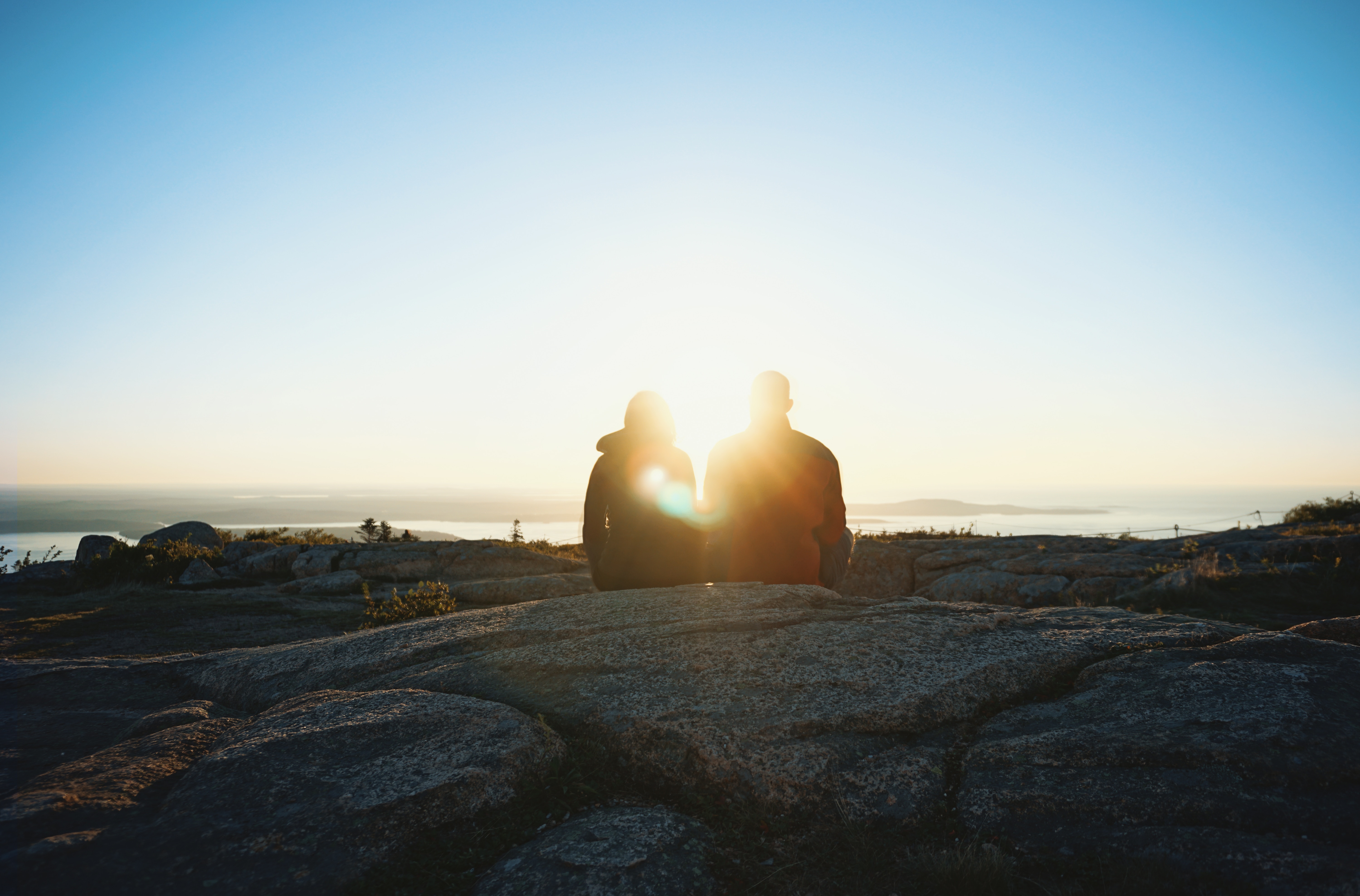
Breaking Isolation
We are made for relationships, for connection and to be in community with one another. This isn’t always easy but it’s reassuring to know that whatever we have been through others have also been through too. It is comforting to know we are not on our own and to remember we have more in common than we realise. We all have doubts, fears and worries wherever we live in the world, however young or old we are, whatever we do for a living, whether we have great faith or no faith; we all share these common human traits.
One of the most common responses from my talks on the subject of pain and suffering is what I describe as the “me too” moment. It’s the moment you hear something that tells you are not alone, that someone else has experienced what you’re going through and shares your struggles. To get to that place often involves someone being willing to be vulnerable to talk not only about the success stories but also the challenges as well. It can be hard being honest and showing our true selves because we seem to have an inbuilt self-preservation mode that tries to shield us from other people’s judgements of who we are. As Jesuit Priest and professor of theology and psychology, John Powell put it, ‘I am afraid to tell you who I am because you might not like me and that is all that I have to give to you.’
We keep people at a distance, afraid that if we let them close they would have the ability to hurt us. We develop self-protective strategies. “The human personality becomes adept at finding ways to relate to people with our real self-hidden from view. We develop ways to compensate, we become people pleasers, attention seekers, workaholics, perfectionists, clowns and victims experts in the art of camouflage.” Then we wonder why loneliness is one of the greatest problems in our society.
We need to let go of harmful notions that there are those in need and those able to help. We are all in need in some ways and we can all help in others. Having needs doesn’t make us ‘needy’. We will all have times we feel weak and other times when we feel strong. We need to stop placing judgements on each other’s coping mechanisms. Why is OK to admit we’ve had a huge bar of chocolate because we’re feeling low but not OK to talk about the fact that our bad day led to self- harm? We all have different struggles and we all find our broken ways to cope. We’re not called to judge or to rescue one another but to be alongside and love one another.
With this way of working in mind, we have spent the last year researching, writing, piloting we have finally launched our Kintsugi Hope Well-Being groups A Kintsugi Hope Group is a safe and supportive space for people who feel or have felt overwhelmed, providing tools for self-management in a facilitated peer mentoring style setting.
It consists of a structured, yet flexible series of 12 weeks of content which includes group and individual activities designed to help participants to accept themselves, to understand their value and worth and grow towards a more resilient and hopeful future. I did one of those pilots as a participant I loved it I learnt so much, as well as learning some strategies to help with my anxiety I learnt I was not alone, as a leader I have this tendency to sometimes be the one who feels they need to be “sorted” before I can help others but in reality what happens others is honesty. It’s not honesty within boundaries by it is without judgement that what made it feel safe for me.
I feel we have stumbled on something that could be really special for so many folk reading the evaluation forms from the other pilot groups I get a little chocked up looking at the impact they have had. If you are interested in running one of these groups in your church you can download the pack from our website.
Some people can’t seem to help but give their opinions and to my embarrassment I think I used to be one of those people before all the operations. Now I know what a gift it is to have people who don’t try and offer answers but will be with me and go on a journey together, not knowing what the outcome may be.
There may be a place for practical advice but what we most often need is to simply be heard. As Samuel Wells says, “Being with is not fundamentally about finding solutions but about companionship and amid struggle and distress. Sometimes the obsession and finding solutions can get in the way of forming profound relationships – and sometimes those relationships are more significant than solutions.”
When you feel someone listens and tries to understand you, without judgement or needing to move the conversation on, it can be healing in itself. When you’re constantly offered solutions it can make you feel like you’re at fault and if you would only take action your problems would be solved. Sometimes we just need to listen and allow each other to be heard.
Patrick Regan OBE
Co-Founder of Kintsugi Hope
Patrick Regan OBE, 02/07/2019